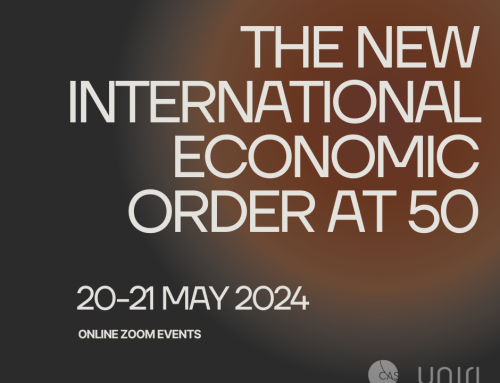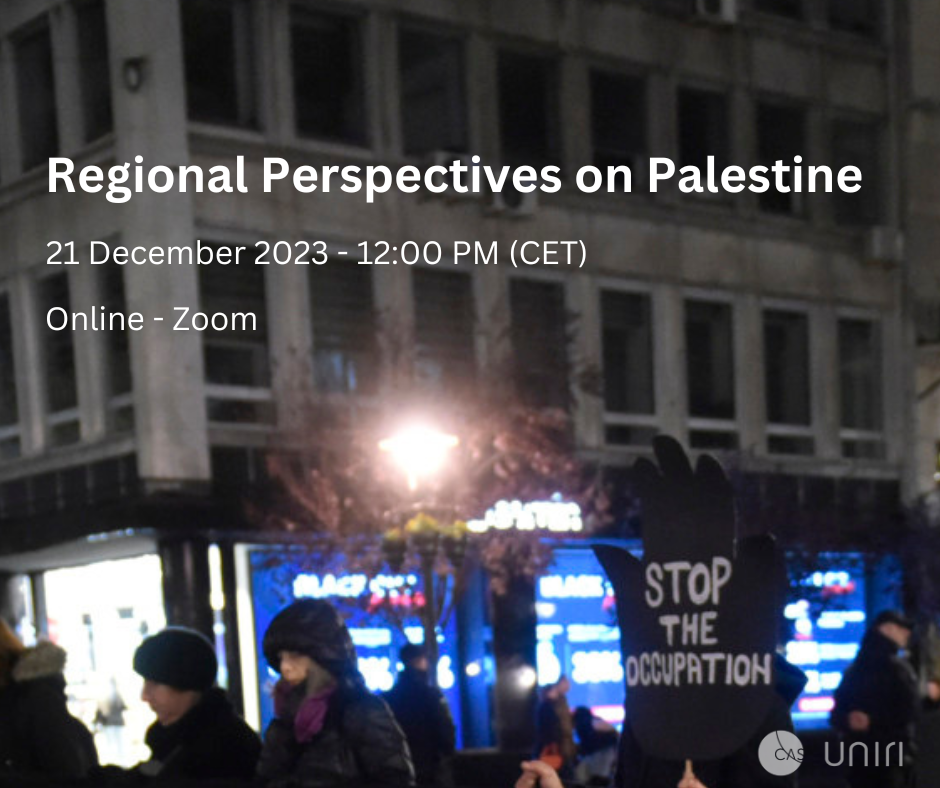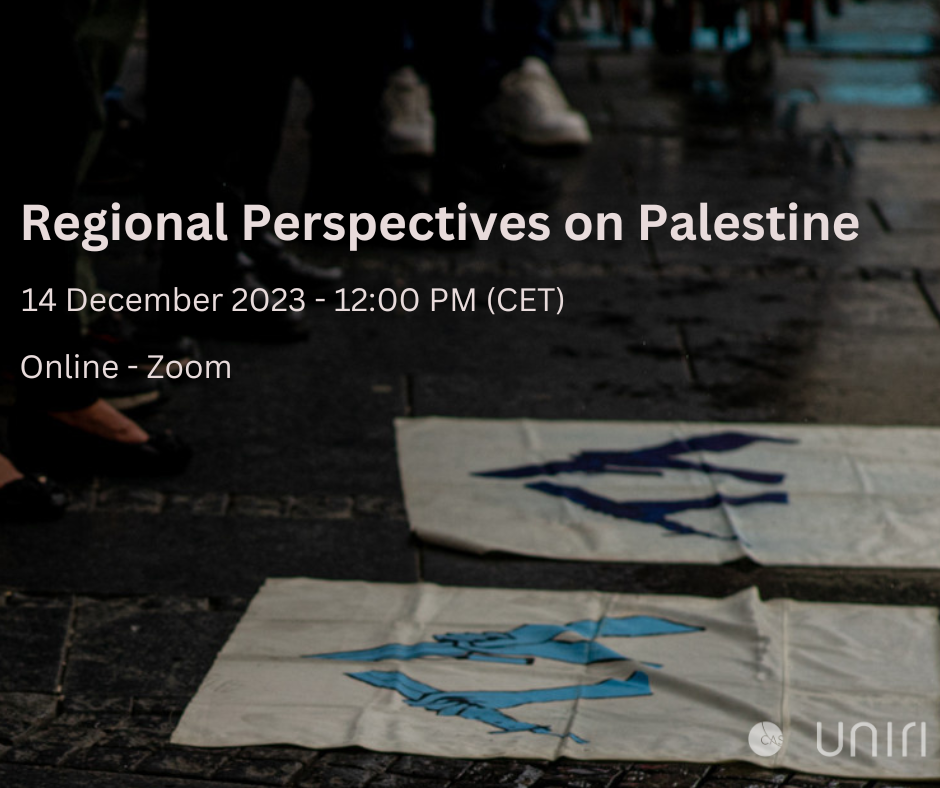Lecture: 3rd November 2015
‘Inequality in the city -What’s wrong with how it is measured?’
If cities are different political and social entities than states, perhaps we should think about inequality in the city differently from the way we think about inequality in the state. Inequality in the city is currently measured by applying the Gini Index, an economic measurement, which was developed to study inequality in states. Avner de Shalit argues that on top of methodological difficulties with applying the Gini to study inequality in the city, this measurement ignores what really constitutes well being in the city, and therefore what should matter to us when we come to study and measure inequality in the city. But how should we know what constitutes well being in the city and if we know it how can we measure it? Professor de Shalit offers a preliminary answer to these questions.
Professor Avner De-Shalit is the Max Kampelman Professor of Democracy and Human Rights at the department of political science, the Hebrew University of Jerusalem. His fields of research and teaching are equality, democracy and human rights, environmental politics and environmental political theory. Among his publications, the best known are The Spirit of Cities: Why the Identity of a City Matters in a Global Age written with Daniel A. Bell (2011) and Disadvantage co-authored with Jonathan Wolff, first published by Oxford University Press, in 2007 and again in 2013.
[embedyt] http://www.youtube.com/watch?v=ORQb01qNmok[/embedyt]









